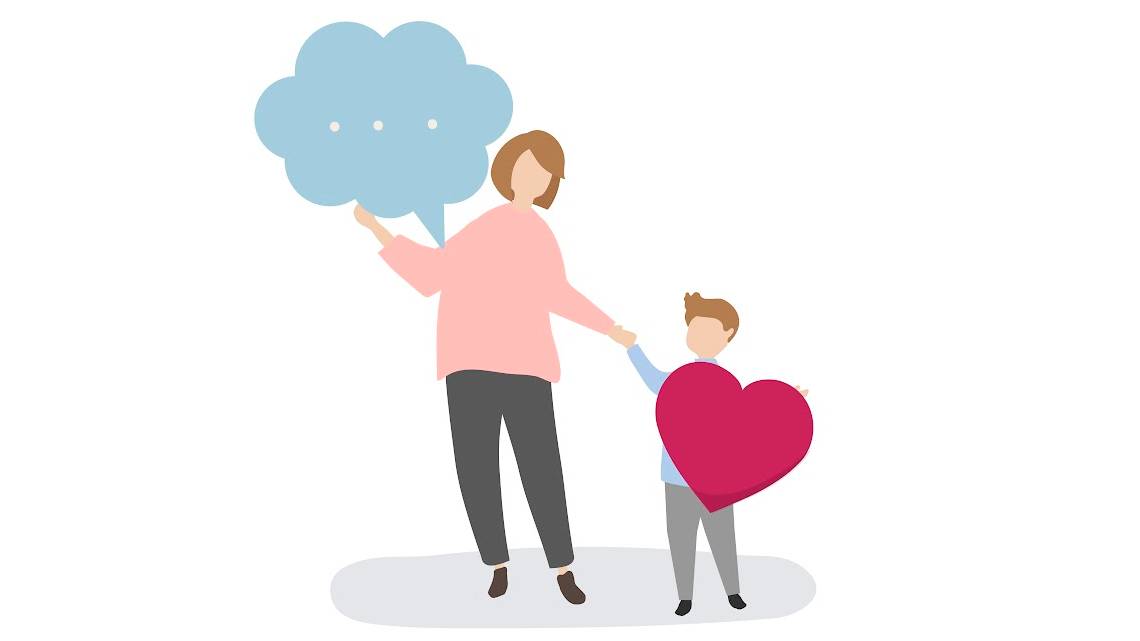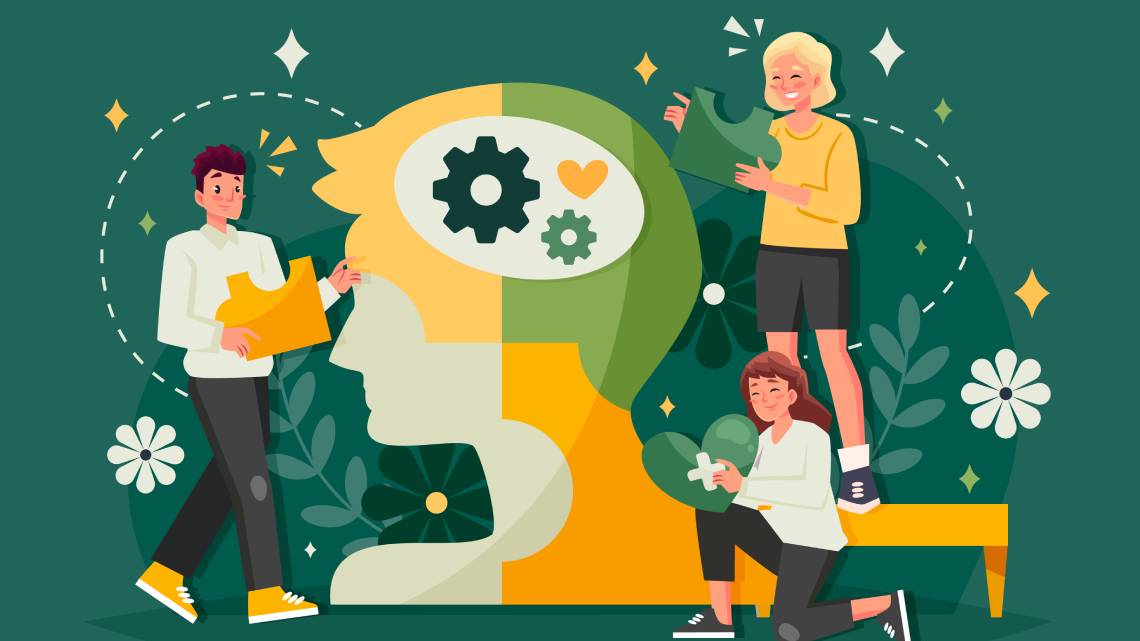
The Mind talk interviewed Peter Chan, founder of TreeholeHKwho shared his vision for transforming the narrative around mental health and wellbeing. TreeholeHK is a social enterprise dedicated to building resilience among individuals in Hong Kong and beyond by leveraging psychological principles in innovative ways. Chan believes that the current discourse often focuses too heavily on symptom alleviation, neglecting critical aspects such as character development, strength, and resilience. His organization aims to unveil these essential qualities of the human mind through public courses and corporate training. Furthermore, Chan is passionate about the intersection of psychology and technology, a field he refers to as “PsychoTech.” He highlighted the recent launch of the MindForest app, an AI coaching tool designed to integrate psychological principles, which has received positive feedback from users in both corporate sectors. Through these initiatives, Chan seeks to bridge the gap between research and practice, ultimately contributing to a more resilient and mentally healthy society.
Mental Health and Wellbeing in Hong Kong
Peter Chan articulated his perspective on the evolving landscape of mental health and wellbeing in Hong Kong. He expressed a reluctance to frame the discourse strictly in terms of treatment versus prevention, noting that while initiatives like low-intensity programs are gaining traction, they often maintain a medical focus. Chan emphasized that mental health encompasses more than just the prevention of disease; it involves fostering mental strength, resilience, and character development, all vital components of overall wellbeing. He highlighted the pressing mental health crisis in Hong Kong, where more than 35% of the population experienced depressive symptoms during 2019 – 2020, according to a study published by The Lancet in 2020. Chan believes that addressing mental health and wellbeing requires a shift from an individualistic approach to one that considers broader societal narratives of the Hong Kong people. He advocates for a more holistic understanding of mental health—one that goes beyond stress relief techniques and healthy lifestyles to include discussions about hope and identity. Through his work with TreeholeHK, Chan aims to contribute meaningfully to this dialogue and promote a deeper impact on mental wellbeing in the community.
The role of self-efficacy and locus on control in workplace wellbeing
Self-efficacy, the belief in one’s ability to tackle challenges, plays a crucial role in how individuals navigate difficult situations, such as workplace bullying or unfavourable treatment from supervisors. When these adversities occur, maintaining a healthy lifestyle becomes essential for overall workplace wellbeing. The impact of workplace stress can seep into personal life, leading to isolation from friends and loved ones. Therefore, cultivating self-efficacy is vital, as it empowers individuals to take proactive steps toward their wellbeing.
To begin fostering a healthy lifestyle, individuals should focus on self-care practices. Regular social interaction, mindfulness, and stress-relief activities can create a buffer against workplace stress, contributing to overall workplace wellbeing. Engaging in these practices helps reinforce self-efficacy, laying a foundation for more significant changes.
However, simply segregating work and personal life is not enough. Acquiring negotiation skills and understanding psychology can be transformative for workplace wellbeing. He states, “Developing questioning techniques can facilitate better communication with supervisors, allowing employees to express their feelings and concerns effectively.” This approach not only helps individuals feel understood but also promotes a collaborative work environment, which is essential for fostering a positive organizational culture.
From a psychological perspective, the concept of ‘locus of control’ is essential. Individuals with an internal locus of control believe they can influence their circumstances, which enhances their ability to cope with stressors. By cultivating both self-efficacy and a strong internal locus of control, employees can navigate workplace challenges more effectively, leading to improved workplace wellbeing.
Mental Health Apps, Coaching and the future of wellbeing:
Peter Chan highlighted the unique proposition of the MindForest app, emphasizing its foundation in psychology-based resources aimed at enhancing mental health and wellbeing. He noted that the app is designed to provide users with reliable psychological knowledge, a crucial aspect that sets it apart from other mental health platforms. Chan stressed the importance of viewing the app as a tool for self-reflection rather than an AI therapist, encouraging users to take responsibility for their own mental wellbeing. He explained that the app integrates psychological principles into its functions, including an AI coach that helps users gain personal insights and practical tools for navigating challenges in relationships and the workplace. Additionally, the MindForest app features an Insight Journal that analyses user interactions with the AI, generating journal entries that allow users to view their lives from new perspectives. By incorporating psychometric assessments, the app enables individuals to track their mental health status comprehensively.
Peter Chan expressed his belief that the human-to-human connection in mental health and wellbeing is irreplaceable. He voiced concerns over the increasing reliance on AI for social interaction and questioned whether AI interactions genuinely contribute to personal fulfilment and development. He argued that while AI can provide instruction-based support, it lacks the intrinsic qualities of human relationships, where mutual agency and emotional depth play critical roles. Chan pointed out that research on AI responses in therapeutic contexts presents a mixed picture; while AI may offer empathetic responses and conceptualize therapeutic modalities effectively, the strength of therapy often hinges on the therapeutic alliance—the connection between therapist and client. He believes that as AI continues to evolve, it may challenge traditional therapist-client dynamics, prompting a re-evaluation of the roles of mental health practitioners. This shift could lead to a more egalitarian and relationship-focused model in mental health care, where the significance of human connection remains paramount in promoting overall wellbeing.
As a final thought, Chan offers simple yet profound advice for navigating these challenging times: “Just keep breathing and focus on building resilience.” He acknowledges that facing difficulties is not easy but stresses the importance of perseverance and self-care. By fostering resilience, individuals can better cope with life’s challenges and maintain their mental health and wellbeing. This mindset is at the core of his work with TreeholeHK, where the mission is to empower individuals to thrive, even in adversity.
References
Ni, M. Y., Yao, X. I., Leung, K. S., Yau, C., Leung, C. M., Lun, P., … & Leung, G. M. (2020). Depression and post-traumatic stress during major social unrest in Hong Kong: a 10-year prospective cohort study. The Lancet, 395(10220), 273-284.
Recently Added
Parental mental health plays a monumental role in a child’s social, emotional, behavioural and psychological development. Parents and caregivers are central to …
Cognitive behavioral therapy (CBT) was initially developed by Aaron Beck in the 1960s and it is based on the cognitive model of …
Artificial Intelligence or AI, as we like to call it, has become a part of everyday operations, enhancing everything from manufacturing automation …




